Сейчас ваша корзина пуста!
Money does not exist (digital)
“The money does not exist” is a provocative work that calls into question our perception of money. The author argues that money is a collective fiction, a mental construct without tangible existence. It explores how this illusion shapes our lives, our societies and our values. The book examines money from different angles: philosophical, historical, psychological and economic.
2.99 €
GiveaBook.shop
Описание
“Money Does Not Exist” is a bold work that transcends the boundaries between philosophical essay, economic analysis, and initiatory narrative. The author brilliantly transforms a subject often perceived as dry—money—into a fascinating exploration of the human condition.
The book’s primary strength lies in its ability to weave together multiple layers of meaning:
- A psychological exploration through the character of Eve
- A philosophical reflection on value and meaning
- A critical analysis of the contemporary monetary system
The text skillfully oscillates between poetry (“the infinite has no center”) and intellectual rigor, drawing on figures as diverse as Plato, Marx, and Nietzsche. This multidimensional approach sustains the reader’s interest throughout.
The mirror-like structure, paralleling the human life cycle (from childhood to old age), is particularly well executed, adding further depth to the argument. The analogy between personal development and collective evolution is illuminating without being didactic.
“Money Does Not Exist” stands as an original and stimulating contribution to our understanding of the mechanisms of modern economics and their impact on our lives. It is a book that provokes thought—and thus already transforms, if only slightly, our relationship with the world.
Детали
| Number of pages | 75 |
|---|
Только зарегистрированные клиенты, купившие данный товар, могут публиковать отзывы.
The money does not exist
Index
Foreword
Money! the most unlikely novel ever written: a collective fiction that runs our lives.
This book is not just a simple intellectual exercise, but an invitation to transform your vision of the world and redefine your relationship with money. By delving into its pages, you will discover much more than a traditional economic analysis: you will embark on a deeply human journey that could change your perceptions, your choices, and even your life. Explore the mysteries of money and learn to see beyond the surface. Understand how this abstraction shapes our societies, influences our decisions, and dictates our priorities, often without us realizing. But above all, you will be invited to rethink what “value”, “wealth”, and “prosperity” truly mean. This book offers you the keys to deconstruct the limiting beliefs that we have collectively adopted. Read these pages with curiosity, and you will find: A renewed understanding of the nature of money, going far beyond its role as a tool for exchange. Philosophical, historical, and psychological perspectives that will enrich your vision of the world. Tools to question the invisible structures that influence your daily choices. Inspiration to imagine a future in which money would no longer be an end in itself, but a means of creating connections, promoting harmony, and unlocking your creative potential. By understanding that “money does not exist” as a tangible reality, you will gain an invaluable freedom: that of choosing how you want to interact with this human invention. You will learn to recognize the invisible dynamics that underpin our economic systems and discover how to transform them to better serve the common interest. To understand this inherent fragility of money, let us examine a few historical moments where its illusory nature was revealed. In 1991, the inhabitants of the former USSR discover with stupor that their currency is no longer worth anything. Overnight, their savings are reduced to mere pieces of paper without value. Similarly, in certain islands of the Pacific, where the economy was based on rare shells serving as currency. Everything changes when a European explorer lands with a ship loaded with these same shells, thus flooding the market and annihilating the wealth of the inhabitants. And what about Louisiana at the beginning of the 18th century, where one of the earliest paper money systems collapses abruptly under the effects of speculation and loss of confidence, leaving behind ruin and disillusionment? This book is therefore much more than a theoretical guide; it is an opportunity for personal and collective growth. It is aimed at everyone who wants not only to understand the world as it is, but also to actively contribute to shaping the one it could become. After all, understanding money is already beginning to master it.
Chapter 1: The monetary illusion unveiled: deciphering the financial system
In a world where money seems to reign supreme, governing our desires, our fears, our opportunities, and our choices, the assertion that “Money Does Not Exist” can appear as a bewildering provocation, even a heresy. Yet, these words, far from being a banal assertion, resonate within me as a deep and universal truth. They do not merely challenge our immediate perception. They invite us to explore the foundations of our modern societies. This aphorism reveals a truth that is both disturbing and liberating. Behind its apparent power lies a fundamental fragility: money is like a promise written on sand. It draws its strength solely from our collective consent, signing an invisible pact among us. Without this confidence, it would be just a piece of paper or a bit of metal without meaning. By understanding this liberating truth, we can question our relationship with money, this invisible alliance. If money is an invention of our mind, then we have the power to reinvent it so that it better serves our profound aspirations. Let’s try together to understand what money really is. Why does our society infuse it with so much importance? And how does this collective mechanism give it its power? To better grasp this mystery, let’s take the example of a wedding ring: this simple gold band becomes, for lovers, a powerful symbol of commitment and fidelity. For some, it embodies loyalty; for others, it represents a success, a promise, children or on the contrary a subjection even a simple ornament. Its meaning varies according to individuals and cultures, but one thing remains true: it is our collective gaze that gives it its value. In the same way, a weapon can bear the idea of death, violence or security, depending on how it is perceived by the one who holds it or looks at it. This idea is not inherent to the object itself, but it is projected onto it by the mind that observes it. More prosaically, a chair carries within it the idea of rest. By pointing it out to our guests, we indicate to them, for example, that they can relax. Thus, the objects we choose to express our ideas and feelings are communication supports that carry a meaning. Like all human communication, this meaning is not universal. However, they remain mediators between our inner world and the outer world, bridges between our thoughts and others. Although these symbols, these representations, can be interpreted in different ways depending on cultures, experiences and individuals. Money stands out from other objects or symbols as it does not represent a single thing in particular, it influences all aspects of our life. It does not symbolize only union or war, nor rest or effort. Like the ring of power, it governs them all. He is the universal symbol that encompasses all.
For a grandfather, money is tenderness embodied, a gift of the soul to his grandchildren. For an entrepreneur, it is the flame of hope, the promise of his dreams taking shape.
We often think of money as something personal, but it has a much broader, more universal function. It is generally said to be a tool invented by humans to measure the value of things and make exchanges easier.
Money is like a promise that one can keep for a long time without it getting spoilt. One can put it aside, “treasure” it. It is also useful as a “yardstick” of value, which means it connects different worlds, it creates a common language. It turns things into numbers that could not be compared otherwise.
He is like a bridge that connects us all together. Because everyone recognizes him, and this allows almost all possible exchanges. That’s why he has become indispensable in our modern societies. They make them run smoothly, without any blockage.
Frequently, money can stop being a means to become an end in itself. For some, it takes an disproportionate place, up to obsession. Caught in a frantic quest for wealth, they end up seeing in its accumulation the key to their existence, losing sight of what it was supposed to represent. Here, success is measured solely by the wealth accumulated. Each successful transaction is celebrated as a conquest, a step towards an ideal of prosperity. Money then rises as the supreme goal.
These gluttonous humans, like shipwrecked people desperately seeking an island that does not exist. Get lost in a universe dominated by numbers and transactions, neglecting the intangible riches of human experience, the beauty of life, emotional bonds, intellectual discoveries, and simple joys. This loss of meaning often causes them and their surroundings, anxiety or depression.
This obsession with money is maintained by the monetary system, education, and the media, which emphasize economic growth and consumption. Individuals are thus misinformed and conditioned to value money and financial wealth.
Finding the balance is a delicate art, in a world where money has become, the very breath of our lives. It governs everything, starting with our society, but also our minds, our actions, our hopes, our relationships, our views, our rights, the rest and much more.
But just what is money? It is the universal measure of the value we attach to things. This idea of value is often difficult to understand, as it is so deeply ingrained in our economic system that we have trouble questioning it. First of all, because the aforementioned economic system is itself part of this idea. But what is this idea that drives us to act and build our relationships, our exchanges, and the economic system?
Похожие товары
-
7 Улыбок Изиды (цифровые)
Suggested Price: €2.99 -
Все или ничего (цифровой)
Suggested Price: €2.99 -
ДЕНЕГ НЕ СУЩЕСТВУЕТ (цифровой)
Suggested Price: €2.99 -
Дети Тота (цифровой)
Suggested Price: €2.99 -
Золотое око Оруса (цифровое)
Suggested Price: €2.99
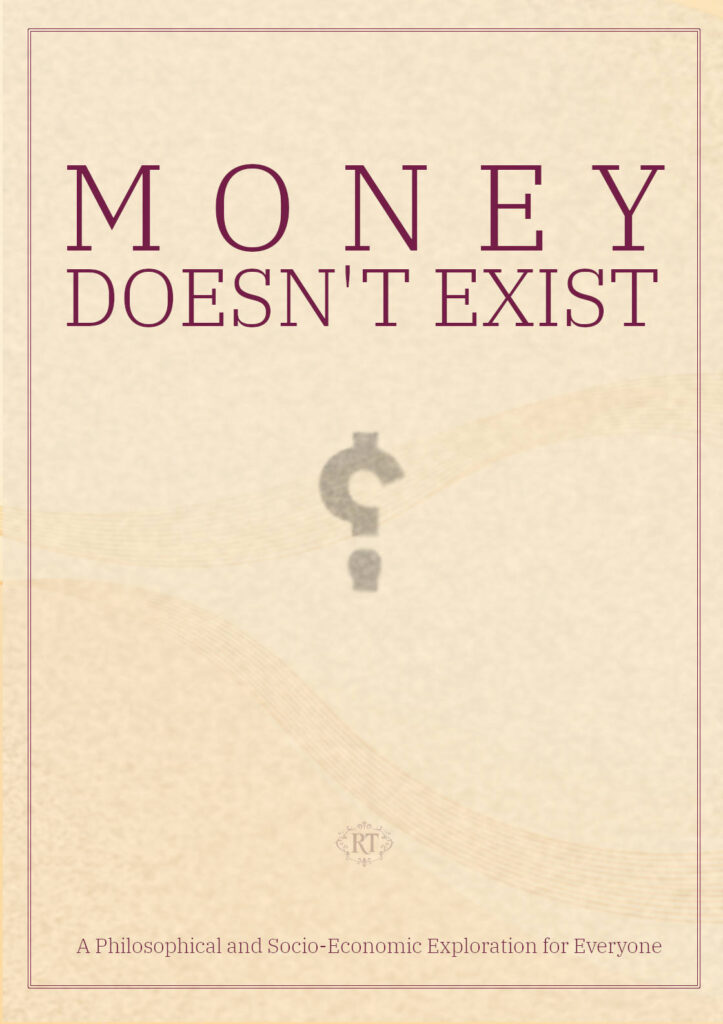


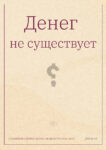
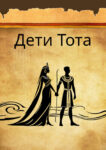
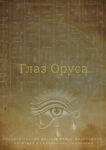
Отзывы
Отзывов пока нет.